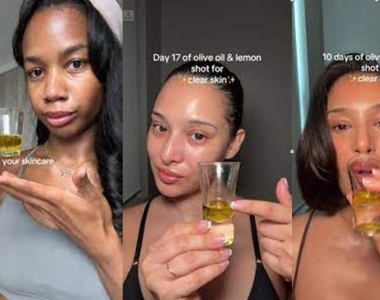
Going back in time to remember beautiful days, special moments or stories that happened to us is not always so easy. Especially if we want to recall an event minute by minute.
But how does the brain choose what things to store and what not? There is actually psychology that goes deep into these details.
-How does your brain choose memories?
In a New York University study of rats, which are often used in tests that study the human brain, researchers found that the brains of humans and mammals have a system for choosing which life experiences are important enough to stored in long-term memory and which fade over time.
The experiments found that during waking hours, cells in the brain's hippocampus fire in a specific pattern called "spike wave marking," which labels experiences relevant to movement in long-term memory storage during sleep.
As part of the research, the scientists put rats through a maze that ended with a reward for those who completed it. As the rats navigated the maze, the researchers monitored nerve cell activity through electrodes placed in the rats' brains that fed data into computer programs.
Study author physician György Buzsáki told NBC: “This labeling process during waking hours is completely unconscious. The brain decides on its own, instead of us voluntarily deciding.”
-How can we choose which memories to keep
However, if you're worried about forgetting memories that haven't been 'tagged' by your brain, Buzsáki says brain rest is essential. Giving the examples of movies and television, he said: "If you watch a movie and want to remember it, it's better to go for a walk afterwards and probably a few hours later you'll remember it completely," he concludes.
Suggested Articles:
- Why relaxing words before bed help you sleep better
- How diet affects anxiety management
- What you need to know about "brain menopause"
- Couples who drink alcohol together are happier and live longer, according to the study
- How to stop negative thinking with these 3 brain exercises
- If you still listen to the songs you loved as a teenager, we have good news for you





